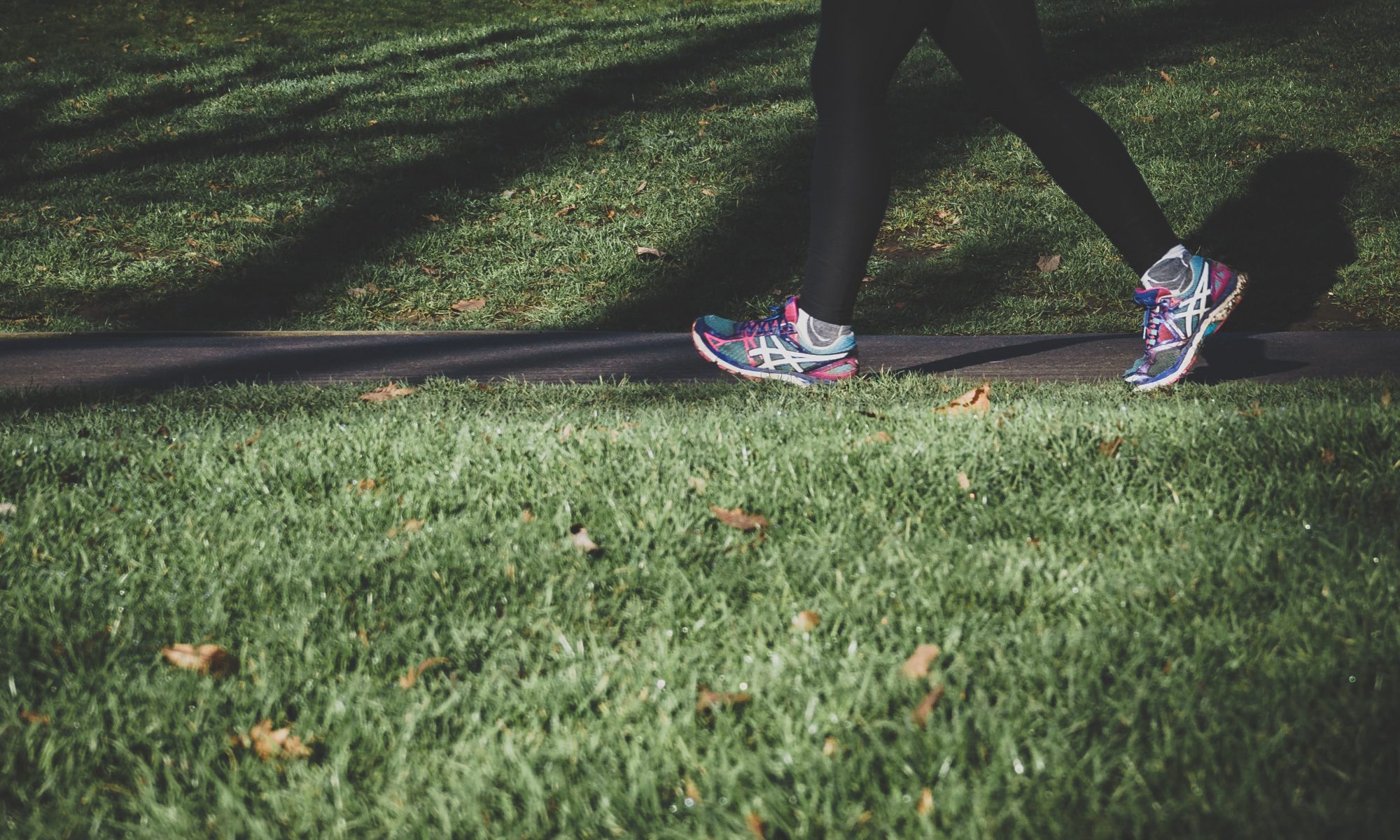Higher self-reported physical activity correlated with lower risk for cardiovascular events among patients with chronic kidney disease, according to data published in the American Journal of Kidney Diseases.
“Although CKD guidelines include recommendations for minimal levels of physical activity, the recommendations are largely based on studies in the general population.
Read more in Healio.




